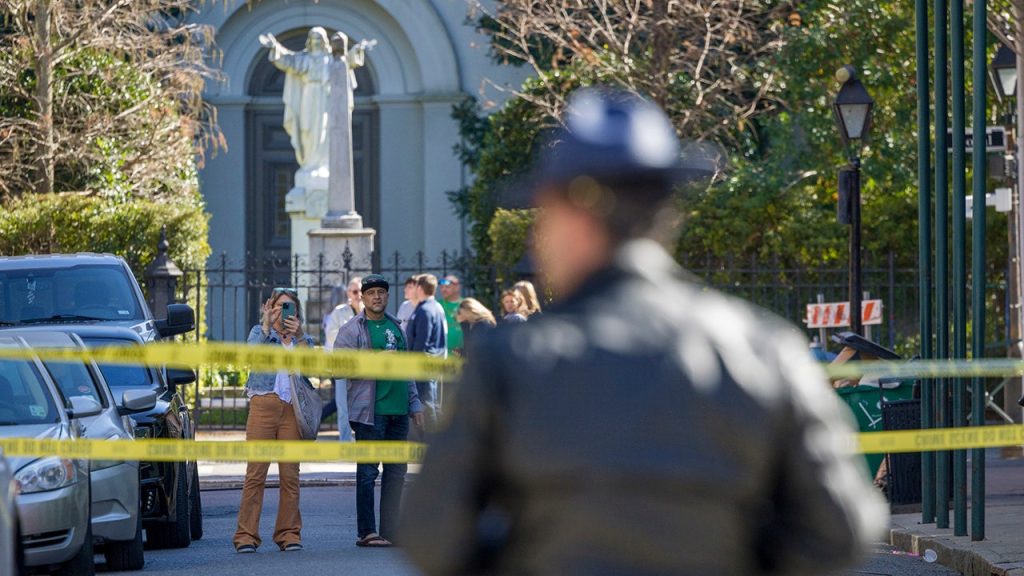The early hours of New Year’s Day in New Orleans were marred by a horrific act of terrorism that claimed the lives of over a dozen individuals and left many more injured. The suspect, identified as Shamsud-Din Jabbar, plowed a truck into a crowd on the iconic Bourbon Street before engaging in a fatal firefight with law enforcement. Authorities suspect that Jabbar’s actions were inspired by the extremist group ISIS. The tragic incident sent shockwaves through the city and the nation, prompting an outpouring of support for the victims and their families.
In the wake of the attack, former NFL star Antonio Brown stepped forward to establish a GoFundMe campaign aimed at providing financial assistance to those affected by the tragedy. Brown’s initiative, launched just days after the incident, quickly garnered thousands of dollars in donations. The former wide receiver emphasized that his motivation stemmed solely from a desire to help the grieving families, stating that the fundraising effort had “nothing to do with me and everything to do with helping the families who lost their loved ones in New Orleans.” He pledged to collaborate with GoFundMe to ensure that the funds raised were distributed equitably among the families of the 15 victims.
Brown’s compassionate response was echoed by other figures within the NFL community. New Orleans Saints defensive end Cam Jordan, a prominent player in the city where the attack occurred, also contributed significantly to the relief efforts. Jordan donated $25,000 to a dedicated fund established jointly by the Greater New Orleans Foundation and the city of New Orleans. He publicly encouraged others to join him in supporting the victims and their families, highlighting the fund as a crucial resource for providing assistance during this difficult time. Jordan’s actions underscored the NFL’s commitment to supporting the community in the aftermath of the tragedy.
The attack also had a direct impact on the sporting world, forcing the postponement of the highly anticipated Sugar Bowl. Originally scheduled to take place on New Year’s Day, the game was rescheduled and eventually held at the Caesars Superdome a few days later. The decision to postpone the event reflected the gravity of the situation and the need to prioritize the safety and well-being of the players, staff, and fans in the wake of the attack.
The combined efforts of individuals like Antonio Brown and Cam Jordan, along with organizations like the Greater New Orleans Foundation and the city of New Orleans, demonstrated a collective commitment to supporting the victims and their families. Their actions served as a testament to the power of community and the importance of coming together in times of crisis. The outpouring of support from within and beyond the NFL community highlighted the profound impact of the tragedy and the shared determination to provide assistance and comfort to those affected.
This act of terrorism shook the city of New Orleans and reverberated throughout the nation. The senseless violence served as a stark reminder of the vulnerability of communities and the importance of unity and resilience. While the scars of the attack will undoubtedly remain, the collective response of individuals and organizations alike offered a beacon of hope and demonstrated the capacity for compassion and support in the face of tragedy. The efforts to provide financial assistance, coupled with the postponement of the Sugar Bowl, underscored the profound impact of the event and the commitment to healing and recovery.

